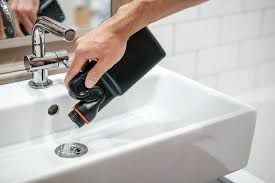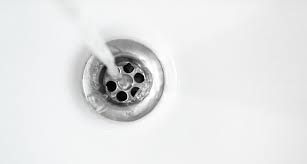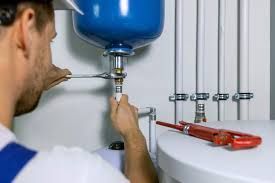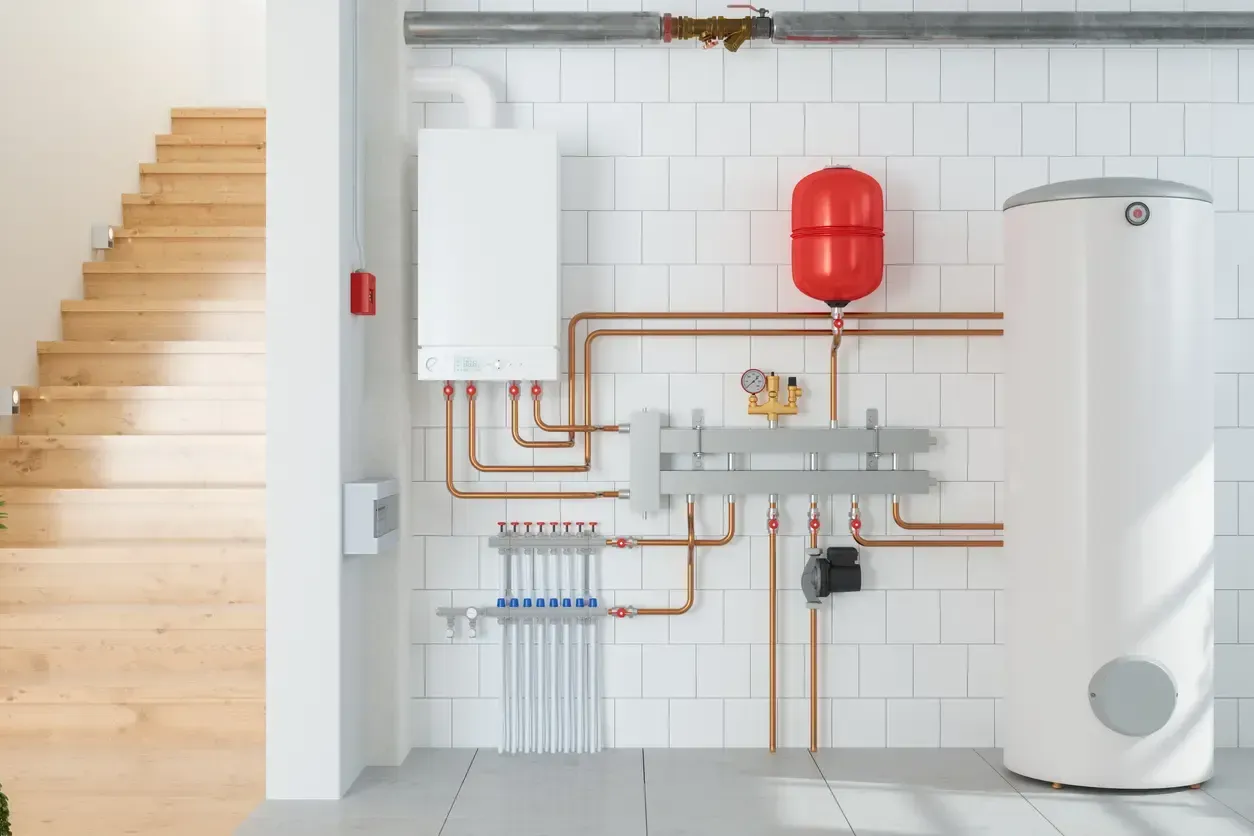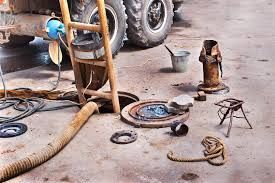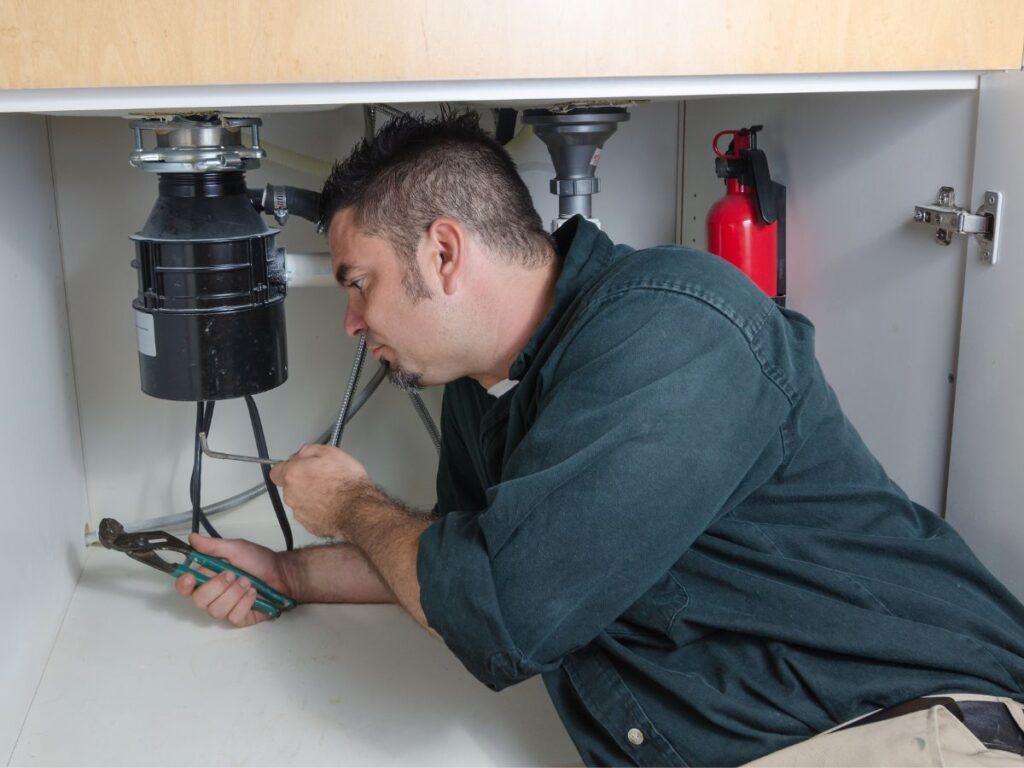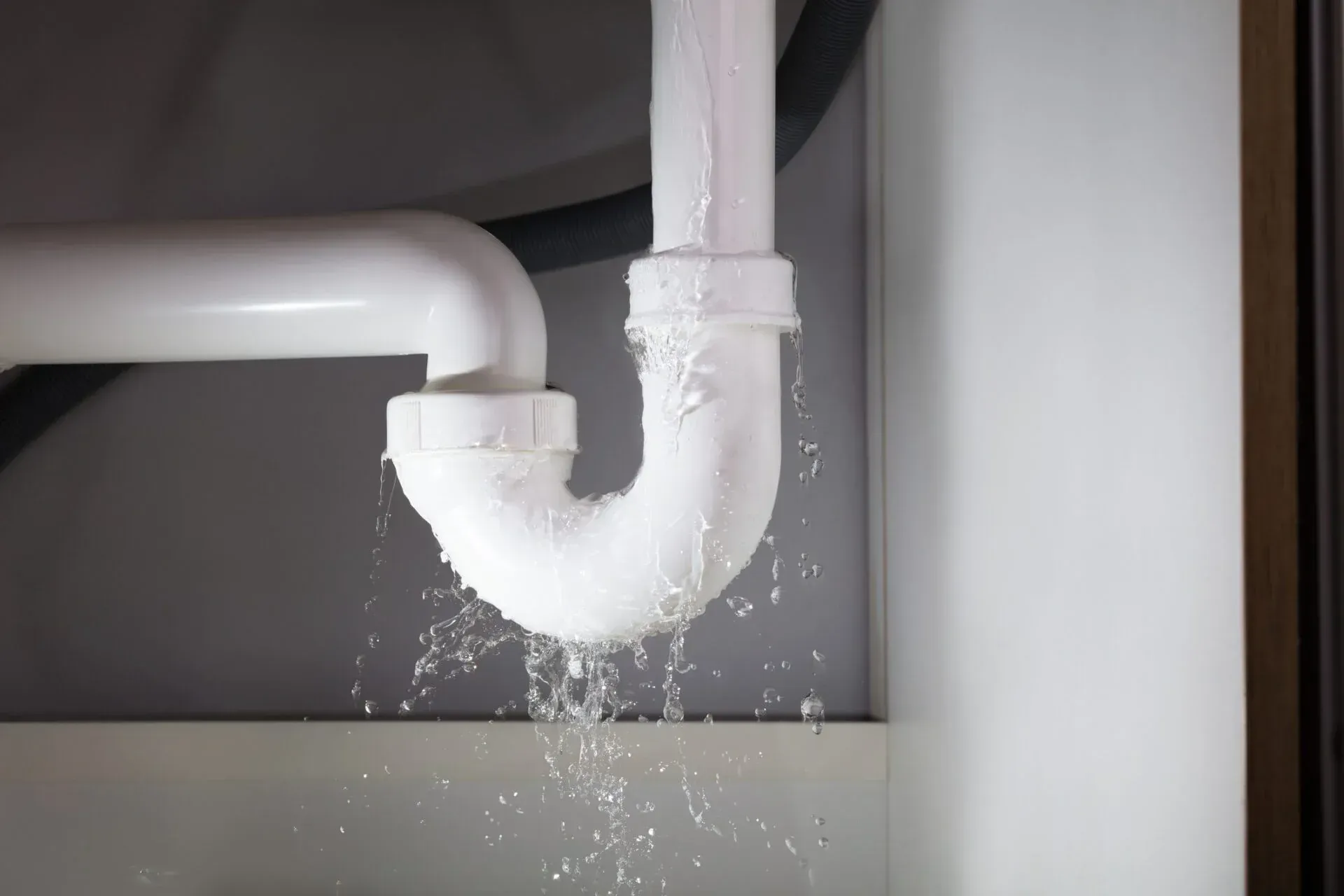4 Winter Emergency Plumbing Situations and How to Prepare
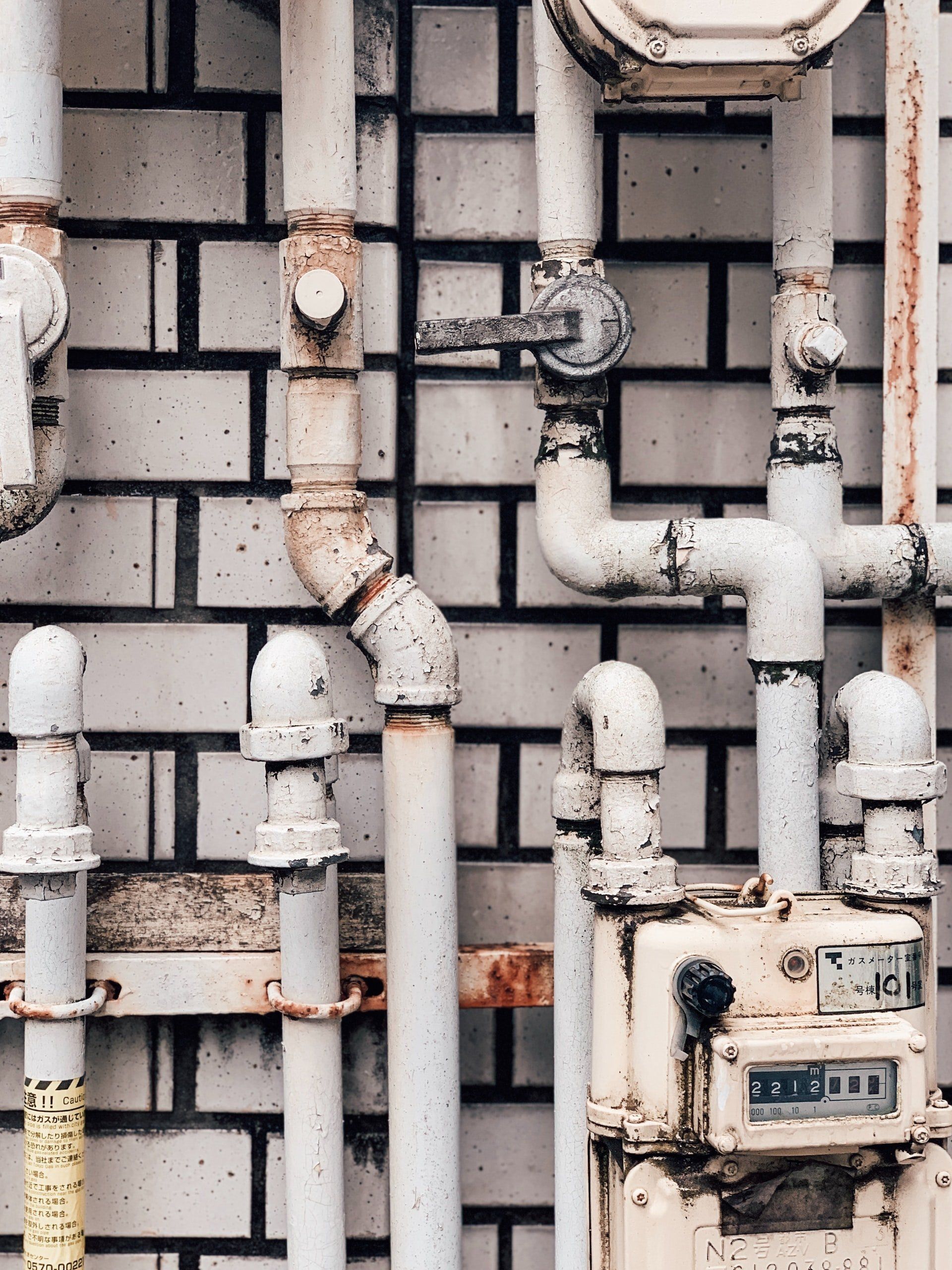
While plumbing emergencies can occur at any time of year, they are more likely to occur during the winter. Cold weather and increased hot water demand while guests are visiting might put a strain on your plumbing system.
Here are some neighborly tips on how you can prepare for these everyday emergency plumbing situations. Read on!
1. Pipes Bursting
Bursting pipes are often a result of pipes getting so cold that the water inside them freezes. As a result, an expansion is caused, bursting the pipe open. Other common reasons include damage from poor plumbing design or misuse, incorrect pressure rating for the pipes, or incorrect flow routing.
To prevent bursting pipes due to the cold, confirm that all exposed pipes in your house are correctly insulated. If you find a pipe that does need some additional insulation, one preventative measure is to use insulation foam.
It would help if you also located your main water valve. If any water-related emergency occurs, the damage can be reduced by turning this valve off.
2. Lack of Hot Water
The main thing you can do to prevent losing hot water for an extended period is installing an emergency hot water heater. These work by heating water on a backup tank, which is filled up and kept warm.
If you have a tankless water heater, you might want to consider switching over to the traditional tank type. Tankless water heaters can have problems with scaling, which can result in a dramatic reduction in hot water.
Another option available for tankless water heaters is to use an inline heater, which is an external water heater that works as a substitute for a standard tank. This can be an effective solution to the problem of low hot water supply.
3. Frozen Pipes
When cold temperatures cause pipes to freeze, they do so from the sides or top. The freeze-thaw cycle can loosen connections or break pipes entirely.
Places that usually freeze are the outdoor faucets and the pipes connected to the outside walls. Sometimes the inside plumbing in a home, including the kitchen and bathrooms, will also freeze.
In this case, the simplest way to prevent freezing is to let the water drip in your outdoor faucets. This will help prevent the pipes from freezing.
If your pipes are already frozen, you can thaw them out by running hot water into the pipe. This can also be done by wrapping the pipes in towels to keep them warm.
4. Clogged Sinks
Be prepared for a clogged sink. The first thing to do is to keep a plunger in your kitchen. In case of a clogged sink, you can use the plunger to dislodge the clog before you try to use any chemicals to solve the problem.
If the clog is too bad, the best thing to do is to use a drain snake to unclog the sink. This is an easy process that can save you more time and money than calling a plumber.
If you find yourself with a clogged sink and don’t have a drain snake available, you can also make one with a coat hanger by straightening it out and tying it to the end of a stick.
Conclusion
There are many other things that you can do in your house to prepare for plumbing emergencies. These include keeping an eye on your home’s water pressure, arranging for a yearly checkup of your home’s plumbing system by an expert, and having a plumber on standby for the worst-case scenario. The more you prepare for plumbing emergencies, the more you can save yourself from the hassles of having to deal with it in the middle of winter.
All City Plumbers is a reliable 24-hour plumber in Birmingham, AL. We offer high-quality, all-in-one plumbing services for residential and commercial properties. Contact us today!
